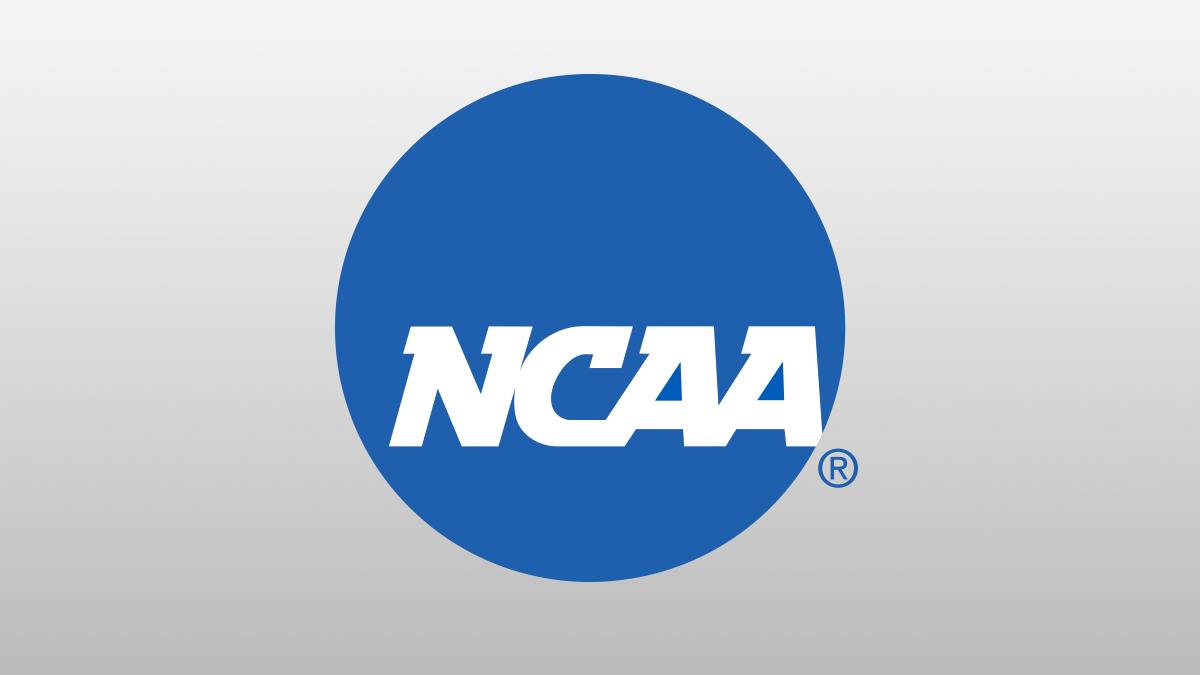College sports are a driving force in American culture. All over, the US families enjoy watching these student athletes excel in their sport; events like the College World Series, March Madness, and the NCAA playoffs rack in tons of views nationwide. With these views comes a surplus of revenue, but where is it going? Not to the athletes — that’s for sure.
The governing body of collegiate sports, the National Collegiate Athletic Association (NCAA), has almost complete control over student athletes, and their decisions ultimately dictate the rules of college sports. While the NCAA claims to be “dedicated to the well-being and lifelong success of college athletes,” many seem to doubt if this statement is true. Recently, their policy on amateurism has been under fire, and the threat of schools leaving the NCAA is more believable than ever.
The NCAA’s rules on amateurism are unnecessarily complicated; however, they are in place to assure that professional athletes are not competing on the college level. Student athletes are not allowed to get paid or receive individual sponsorships like professional athletes. This means aren’t allowed to use their name, image, and likeness to promote themselves as student athletes. For example, if a team is sponsored by Nike, and Nike decides to run an ad with student athletes in it, the athletes are not allowed to get paid for the ad. The same rule goes for jersey sales– colleges can sell player jerseys, but the athletes cannot collect any money from said sales. Weird right?
Athletes are, however, allowed to accept money from their national governing bodies (like USA Swimming, USA Baseball, or USA Basketball) and for medals won at the Olympics. Athletes are not allowed to earn prize money from competitions (with the exception of tennis, which is limited to $10k a year), and can also not accept World Record bonuses if they want to maintain their NCAA eligibility.
The current system is forcing athletes to choose between making money and competing in college athletics or forgoing money to study and compete for the college of their choice. The problem with this– it’s impossible to predict when an athlete is in their prime.
Take Regan Smith for example–a swimmer committed to swim at Stanford next year and a favorite for the Olympics next year. This summer she broke world records in three events but is not able to collect the bonuses offered for her performances. Also worth noting is that she has to completely deny the money, she can’t opt to put it in a trust until she decides to go pro. Now, she has to make a choice no teenager should ever have to face: compete and study for the school of her dreams, or forgo likely six figures in hopes that she’ll still be competing at the same level in four years.
Luckily, this flawed system may be gone sooner than later. In the beginning of September, the California State Assembly unanimously passed SB 206, a bill that would allow for collegiate athletes to make money based on their name, image, and likeness starting January 1, 2023. This unanimous vote assures that the bill will then be sent to California governor Gavin Newson; once it’s sent he has 30 days to sign it or veto it, and if he takes no action the bill becomes law.
Naturally, the NCAA was not happy with this proposed bill. They were so upset that they threatened to prohibit all California schools from competing in NCAA championships, should the bill be made into law. Claiming they want to keep a “level playing field for the nearly half a million student-athletes nationwide,” the NCAA is trying to keep a strong distinction between professional and amateur/collegiate sports.
This new system would come with a variety of benefits. Most notably, it’s impossible to know when an athlete is in their prime. An athlete may flourish in their college career but struggle afterwards, causing them to miss out on making a significant amount of money (which they could have used later in life for practical uses, like buying a house or having children).
Regardless of the NCAA’s harsh threats, two other states– South Carolina and New York– have introduced similar bills in hopes of paying their collegiate athletes. While allowing students to make money off their name, these bills also plan to allow schools to pay students directly. Needless to say, this movement is gaining steam, and the NCAA will have to make a tough decision: accept the new bills or potentially ban hundreds of colleges from competing in the NCAA Championships.

Leave a Reply